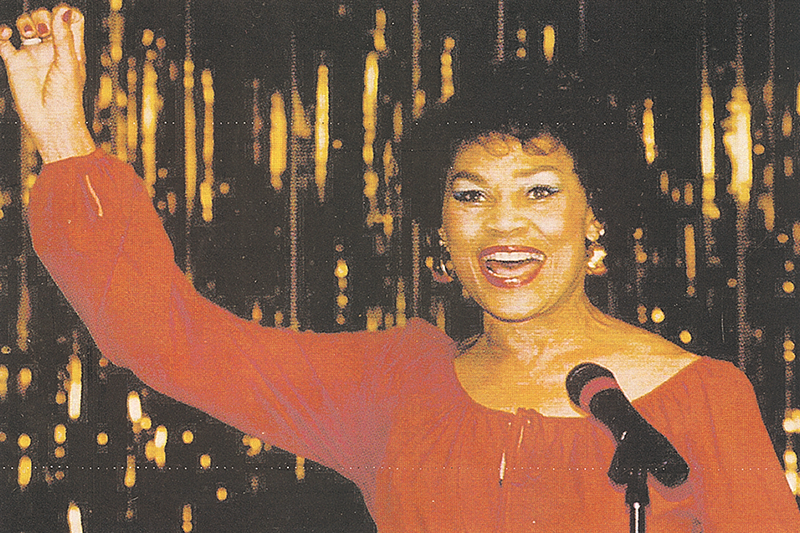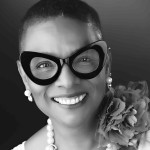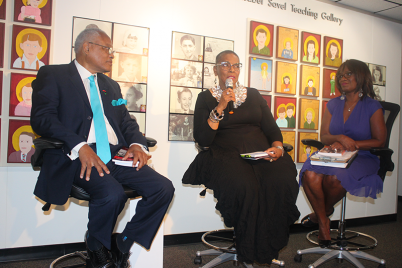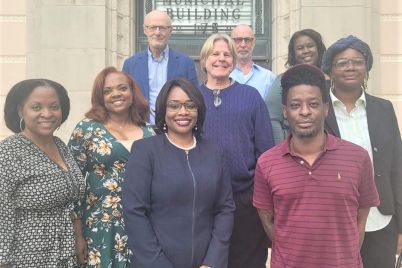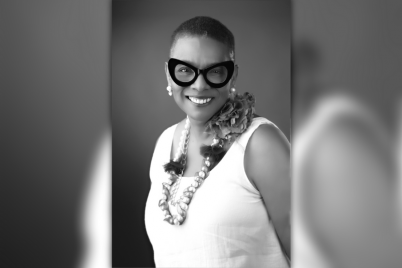Author and poet Rosalie Peck co-wrote ‘St. Petersburg’s Historic 22nd Street South’ and ‘St. Petersburg’s Historic African American Neighborhoods,’ and was also executive editor of The Weekly Challenger.
By Gwendolyn Reese
Rosalie Peck was the last of 10 children born to her parents, James and Octavia Peck. A native of St. Petersburg, she attended Jordan Elementary, graduated from Gibbs High School and after being turned away from a local business school because of her race traveled to Washington, D.C., to attend Cortez Peters Business College.
Fifteen years after graduating from Gibbs High School, Rose, as many of us fondly called her, was chosen by the Ambassador Club along with Frankie Howard to promote integration by attending the all-white St. Petersburg Junior College in 1961. She withdrew from SPJC to live in Nassau, Bahamas, for a few years before matriculating at what was then Bethune-Cookman College and graduating from Atlanta University with a master’s degree in social work in 1968.
She worked in Detroit and Los Angeles before returning home. Upon retiring in 1978, she devoted much of her time to writing and penned, among other pieces, her timeless poem, “Remembering 22nd Street: The Way We Were.”

Rosalie Peck and Major Kelly dancing at a Club 16 event held at the Manhattan Casino. Club 16 was one of the city’s leading men’s clubs.
Growing up during Jim Crow in St Petersburg meant experiencing racism in almost every aspect of life from not being allowed to sit on the green benches lining Central Avenue, separate restroom facilities and drinking fountains, to buying dresses you couldn’t try on in downtown department stores. It was also a time of tightly knit neighborhoods. A time when mangoes, avocados, Japanese plums, guavas, a variety of citrus trees and cherry bushes abounded. A time of music legends performing at the Manhattan Casino. A time when regardless of social status, community members lived near one another and neighbors helped raise or discipline each other’s children.
In 1991 at the age of 64, Peck won the title of Ms. Senior Florida and placed fourth while representing the state in the national Ms. Senior America contest in Atlantic City later in the year. Many years earlier, at the age of 12, she had been crowned Miss Jordan Elementary School.
In 1991, she was named best of show among performing artists at the Fairly Lilith Celebration of Women in Arts. In 1995, she was appointed to the Tampa Bay Regional Planning Council to represent Pinellas County by Gov. Lawton Chiles. Peck also served as a docent at the Salvador Dali Museum and traveled to New York in 1994 to present the works of Salvador Dali to the Harlem School of Arts.
Along with her poem, Peck was the author of several books: “Learning to Say Goodbye: Dealing with Death and Dying” in 1987 and “Threshold: First Book of Poetry” in 2001. At the time of her death, she was editing her latest work, “A Blackberry Winter,” a fictionalized history based on stories her grandmother used to tell her.
She also co-authored with my dear friend Jon Wilson two books: “St. Petersburg’s Historic 22nd Street South” and “St. Petersburg’s Historic African American Neighborhoods.”
In 1991, she placed third in a “Why I Love The Pier” contest. She wrote: “I love The Pier because, as a black child born in St. Petersburg, I was denied access. Now, as an adult, it is my pleasure.”
Rosalie Peck died on July 31, 2009, at the age of 82. She often likened her experience to the words of poet Robert Frost when she was heard to say that it was choosing a “road less traveled” that “has made all the difference.”

